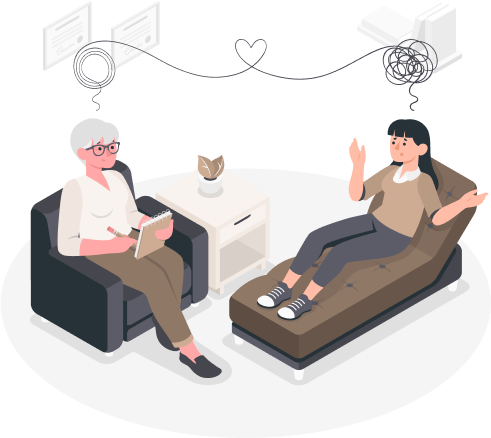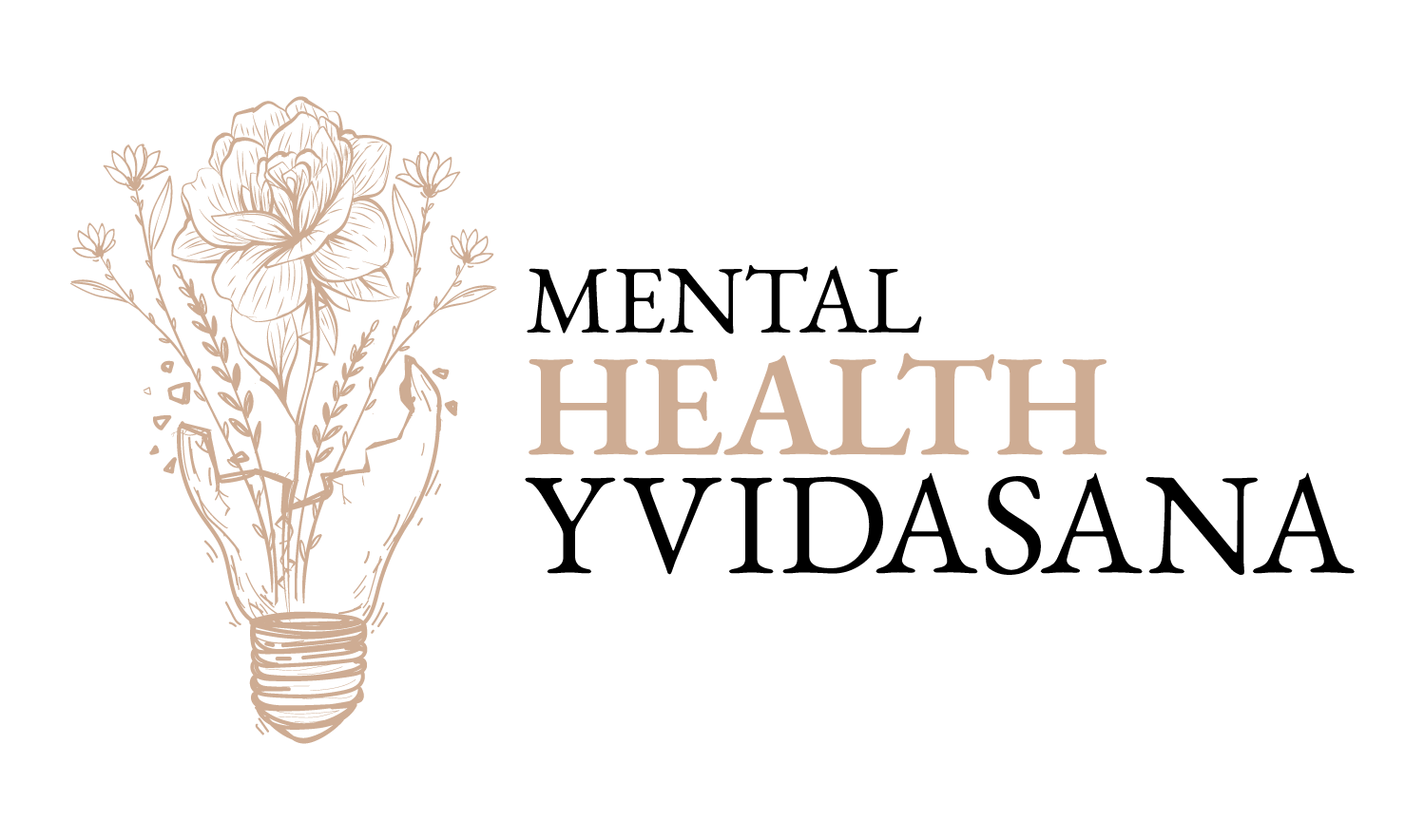Fight the stigma heal your mind
Natalie specializes in working with BIPOC, young adults (15+), college students, undocumented/immigrant individuals, and therapy first-timers. Natalie encourages exploring generational trauma, exploring your needs to begin tapping into your health and unleashing your different dimensions and potentials. It is important to keep your culture and identity at the forefront of your therapy. There are different approaches to health or healing and approaching that road that many leave on hold. No one size fits all and together we can help figure out what your mind is needing.


Cognitive Behavioral
Therapy or CBT:
This approach focuses on changing negative or unhelpful thought patterns and behaviors that contribute to mental health problems. It often involves homework assignments and practical exercises to help individuals develop new coping skills and strategies.
Psychodynamic therapy
This approach focuses on exploring unconscious thoughts, feelings, and past experiences, to gain insight, into present-day problems. It often involves open-ended conversations and can take longer than other forms of therapy.
Humanistic therapy
This approach emphasizes empathy, compassion, and the importance of the therapeutic relationship, in promoting personal growth and healing. It often involves exploring one’s values, beliefs, and sense of purpose.


Family therapy
This approach involves working with families or couples to address relational issues and improve communication. It can be helpful for a range of conflicts such as parenting issues, marital conflicts, or substance abuse.
Mindfulness Therapy
This approach involves developing mindfulness skills to increase awareness and acceptance of present-moment experiences. It has been found helpful to manage, stress, anxiety, and depression.


Somatic Therapy Approach
This approach is a holistic and integrative approach that recognizes the interconnectedness of the mind and body. It aims to help individuals overcome emotional, psychological, and physical symptoms by addressing the root causes of their distress in the body. It has been found helpful for anxiety, depression, and trauma.
EXAMPLES OF WHY THERPY IS HEALTH AND HEALING
- Low self-esteem or self-worth
- Trouble Identifying, Feeling, Expressing, and Processing Emotions
- Fear of Intimacy or Vulnerability
- Difficulties with Emotionally Immature or Disconnected Parent/s
- Recovery From Narcissistic Parents/Family/Ex-partner
- Setting Boundaries with others & Being Assertive
- Inner Child Healing & Intergenerational Trauma
- Identity Distress (racial, sexual, gender, First Gen, etc.)
- Anxiety & Stress (including social anxiety & career burn-out)
- Imposter Syndrome (including career anxiety)
- Life Transitions (Dating, Breakup, Family Planning, Big Move, etc.)
- Existential Crises (Quarter Life Crisis, etc.)
- Reverse culture shock (returning home from being abroad)
- Grief & Loss
- Fear of Failure
- Procrastination
SPECIALTIES
- Addiction,
- Anger Management,
- Anxiety,
- Codependency,
- Depression,
- Divorce,
- Domestic Abuse,
- Domestic Violence,
- Drug Abuse,
- Family Conflict Infidelity,
- Life Transition,
- Obsessive-Compulsive Disorder (OCD),
- Racial Identity,
- Relationship Issues,
- Self Esteem Spirituality,
- Stress,
- Trauma,
- immigration evaluations.
